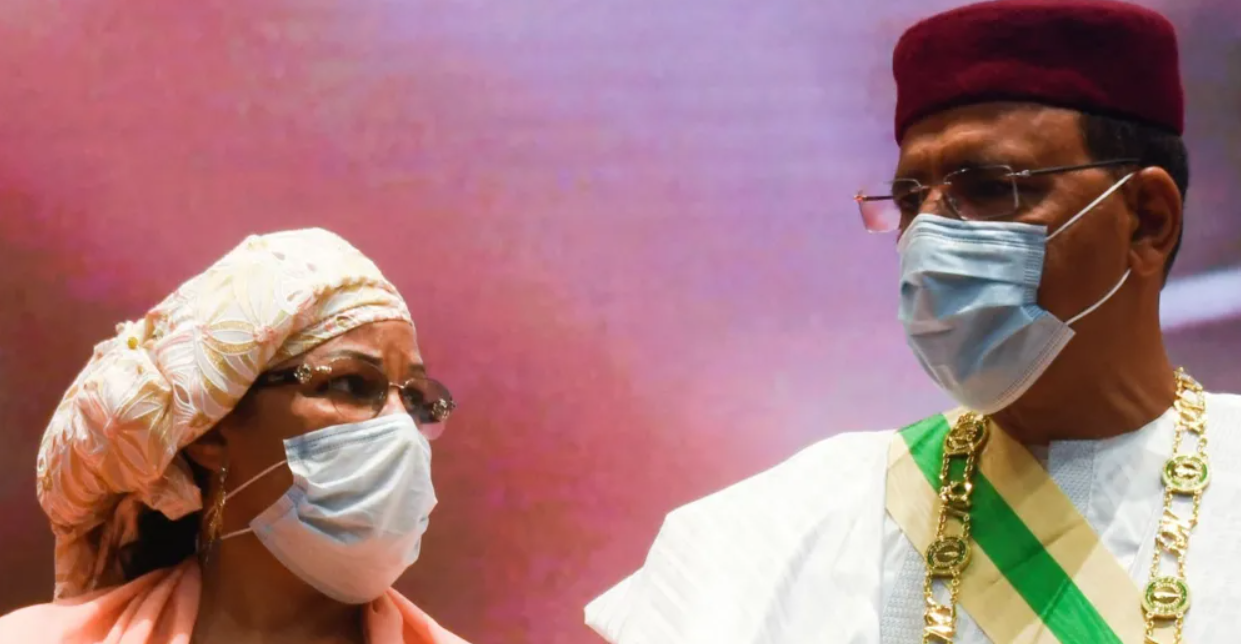Mohamed Bazoum, the democratically elected president of Niger who was deposed by military troops a year ago, will no longer be protected from prosecution, according to a historic ruling by the country’s top court. Bazoum, who is 64 years old, will be able to stand trial in a military court according to this decision by a recently formed court.
With no means of escape, Bazoum and his wife Hadiza have been held in custody at the presidential palace since last July, when a military coup took place. Following the coup, Niger’s foreign policy underwent a sea change, with the new military leadership choosing to cut off diplomatic and defense ties with France in favor of Russia.
On charges of treason, endangering national security, and allegedly financing terrorists, the junta in Niamey, the capital of Niger, has established its legal authority to try Bazoum. But Bazoum’s lawyers have spoken out strongly against the trials, calling them a “travesty” of justice. They said they couldn’t meet their client in person and couldn’t keep in frequent contact with him, so they skipped a recent hearing.
Concerned about the situation, Hamid N’Gade, who was Bazoum’s communications adviser before, mentioned the difficulties in getting information on Bazoum’s health. “I am unsure if President Bazoum is aware of his immunity being lifted,” N’Gade told AFP. Additionally, he clarified that Bazoum’s condition is only updated based on reports from his doctor, who sees him twice a week. Although information is limited, Bazoum is suffering from the psychological effects of being alone and unsure of what the future holds.
The political and judicial drama in Niger has captured the world’s attention and cast doubt on the country’s commitment to democracy and the rule of law. In countries dealing with political transitions, the ruling of the court highlights the intricate relationship between civilian authority and military power.
As Niger rides out these stormy seas, the result of Bazoum’s trial will surely determine the country’s future path, at home and abroad. Keeping in mind the wider consequences for regional peace and democracy, the international community keeps a careful eye on developments.
Ultimately, as the court proceedings progress, Mohamed Bazoum’s destiny is shrouded in mystery, caught in the midst of a complex web of political turmoil and legal complexities that will determine Niger’s future.


















